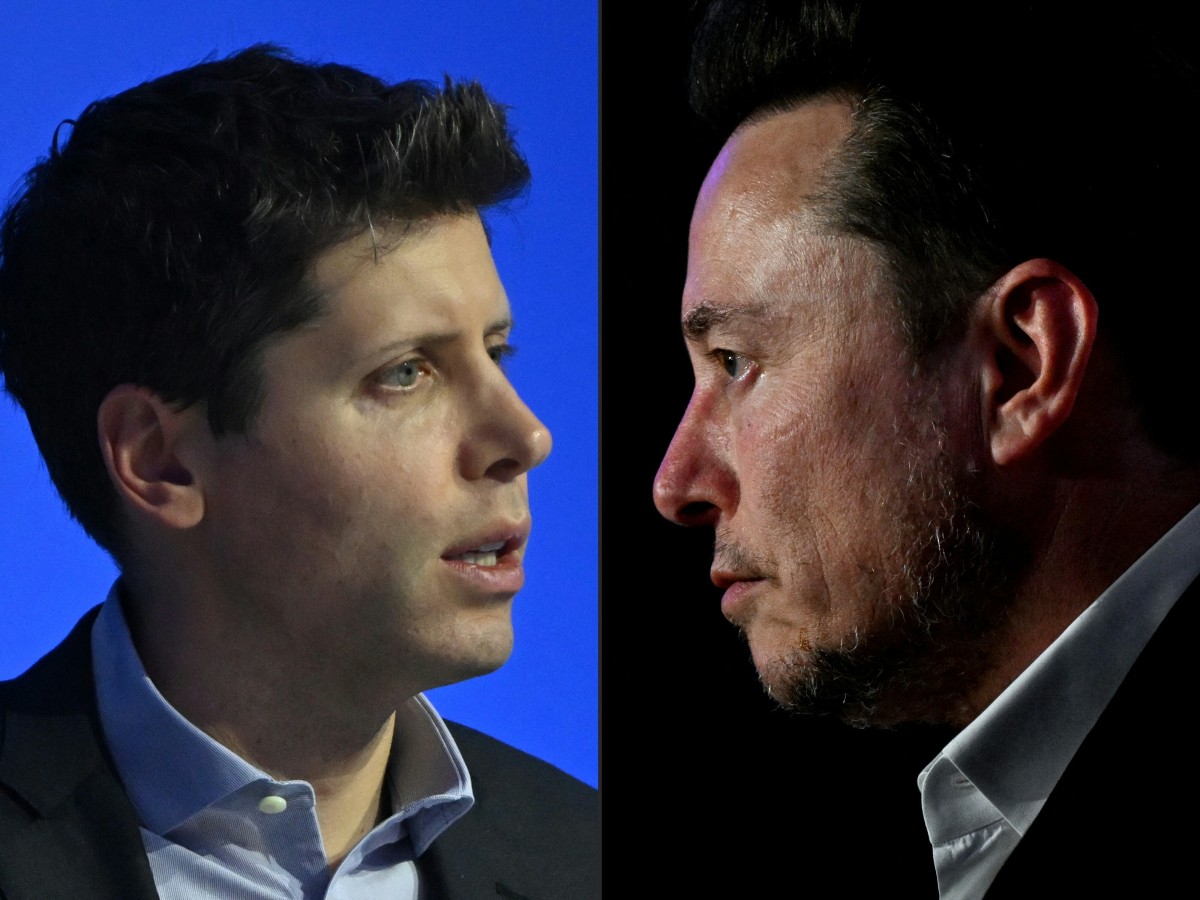After receiving backing from his OpenAI board, Sam Altman informed an Elon Musk-led group of investors that sought to buy the artificial intelligence (AI) company’s entire assets for about US$100bn that their offer would be rejected.
Altman reportedly told staff in a memo on Monday that the board of directors is clear that the company had no interest in the “supposed bid” by Musk’s group, several media reports indicated.
The Musk consortium offered US$97.4bn to buy OpenAI. “It is time for OpenAI to return to the open-source, safety-focused force for good it once was,” Musk said in a statement to The Wall Street Journal which broke the story. “We will make sure that happens.”
Altman quickly rejected the bid, saying: “No thank you, but we will buy Twitter (X) for US$9.74 billion if you want.”
OpenAI, is transitioning from its original non-profit structure to a for-profit one.
Musk, who co-founded OpenAI in 2015 and left the company in 2019 to establish his own AI venture, xAI, has clashed with Altman over the direction of OpenAI, leading to a series of legal disputes between the two, including Musk’s lawsuit against OpenAI regarding its restructuring plans.
OpenAI has defended its restructuring plans it aims to complete by 2026 as necessary for its long-term viability, stating that maintaining its non-profit status would hinder its ability to compete in the rapidly evolving AI landscape.
Musk’s portfolio (Tesla, SpaceX, Neuralink, xAI) spans critical tech sectors fueling fears that acquiring OpenAI would create monopolistic control over AI, energy, and transportation fields.








